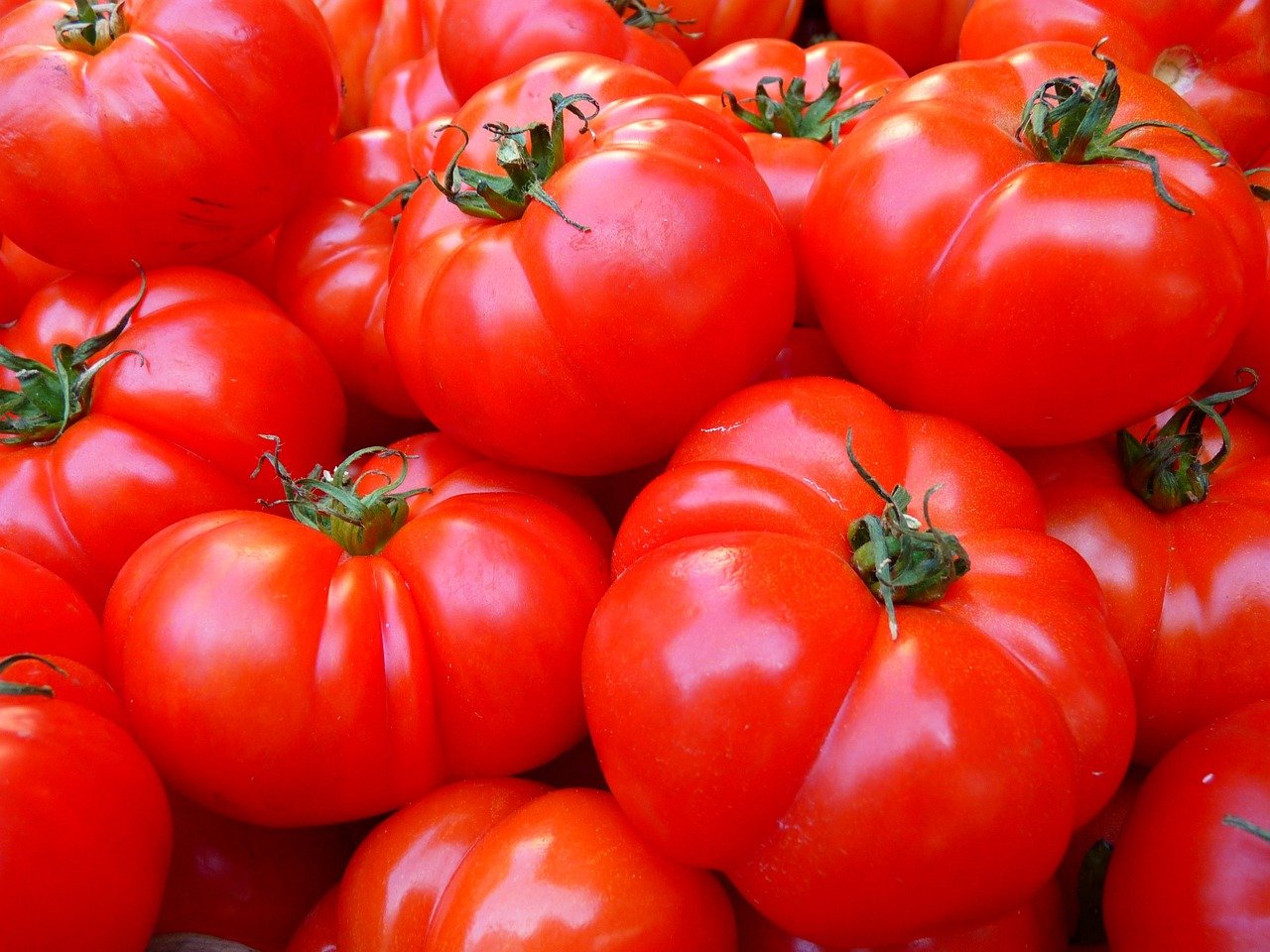“`html
In today’s fast-paced world, maintaining cognitive function is more important than ever. Our diet plays a crucial role in enhancing brain health and boosting our mental performance. By consuming the right brain-boosting foods, we can support our memory, focus, and overall cognitive abilities. In this blog post, we will explore some of the most effective foods for brain health, their benefits, and practical ways to incorporate them into your daily meals.
The Power of Omega-3 Fatty Acids
Omega-3 fatty acids are essential for brain health. They play a significant role in cognitive function, mood regulation, and may even help prevent Alzheimer’s disease.
Benefits of Omega-3 Fatty Acids
- Support brain cell structure and communication
- Reduce inflammation
- Enhance memory and performance
Sources of Omega-3 Fatty Acids
- Fatty fish: Salmon, mackerel, and sardines.
- Nuts and seeds: Walnuts and flaxseeds.
- Vegetable oils: Flaxseed oil and canola oil.
Tip: Aim to include fatty fish in your diet at least twice a week for optimal intake of omega-3s.
Antioxidant-Rich Berries
Berries, particularly blueberries, are packed with antioxidants that are vital for protecting the brain from oxidative stress.
Benefits of Berries
- Improve communication between brain cells
- Enhance memory and cognitive function
- Fight inflammation
Popular Brain-Boosting Berries
- Blueberries: Linked to improved memory.
- Blackberries: High in vitamin C and fiber.
- Strawberries: Rich in antioxidants and flavonoids.
Practical Example: Add a handful of berries to your morning oatmeal or yogurt for a delicious brain boost.
Leafy Greens for Cognitive Clarity
Leafy green vegetables like spinach, kale, and broccoli are known for their brain-supporting properties due to their high levels of vitamins and minerals.
Benefits of Leafy Greens
- High in Vitamin K, which supports cognitive function
- Rich in folate that aids in energy and health of brain cells
- Provide essential antioxidants
Incorporating Leafy Greens
- Add to smoothies: A handful of spinach can blend seamlessly into your favorite smoothie.
- Use in salads: Combine kale and arugula with nuts and berries for a nutrient-packed salad.
- Steam as a side: Serve sautéed spinach as a nutritious accompaniment to your meals.
Actionable Takeaway: Consider transitioning to a diet that includes at least one serving of leafy greens each day.
Whole Grains for Sustained Energy
Whole grains are an excellent source of energy for the brain, supplying it with essential nutrients and steady glucose levels.
Benefits of Whole Grains
- Provide a steady supply of energy
- Contribute to better concentration and focus
- Support overall brain function
Best Whole Grains to Include
- Oats: Great for breakfast and keeping you full.
- Quinoa: A high-protein grain option.
- Brown rice: A nutritious alternative to white rice.
Tip: Try switching to whole grain bread to boost your daily fiber and nutrient intake.
Nuts and Seeds for Brain Health
Nuts and seeds are not only nutritious but also offer numerous benefits for brain function because of their healthy fats and antioxidants.
Benefits of Nuts and Seeds
- Enhance cognitive performance
- Help with mood stabilization
- Improve blood flow to the brain
Top Nuts and Seeds to Consider
- Walnuts: Especially high in DHA, a type of omega-3 fatty acid.
- Almonds: Rich in vitamin E, which is associated with reduced cognitive decline.
- Chia seeds: Packed with nutrients, fiber, and omega-3 fatty acids.
Practical Example: Snack on a mix of nuts and seeds for a healthy, brain-friendly treat.
Conclusion
Incorporating brain-boosting foods into your diet is a practical approach to enhance cognitive health and performance. Foods rich in omega-3 fatty acids, antioxidants, vitamins, and minerals can provide significant benefits for your brain function. Start by adding a variety of these foods into your meals, ensuring you support your brain as efficiently as possible. Remember, a healthy mind contributes to a healthy life, so make nutrition your priority!
“`



